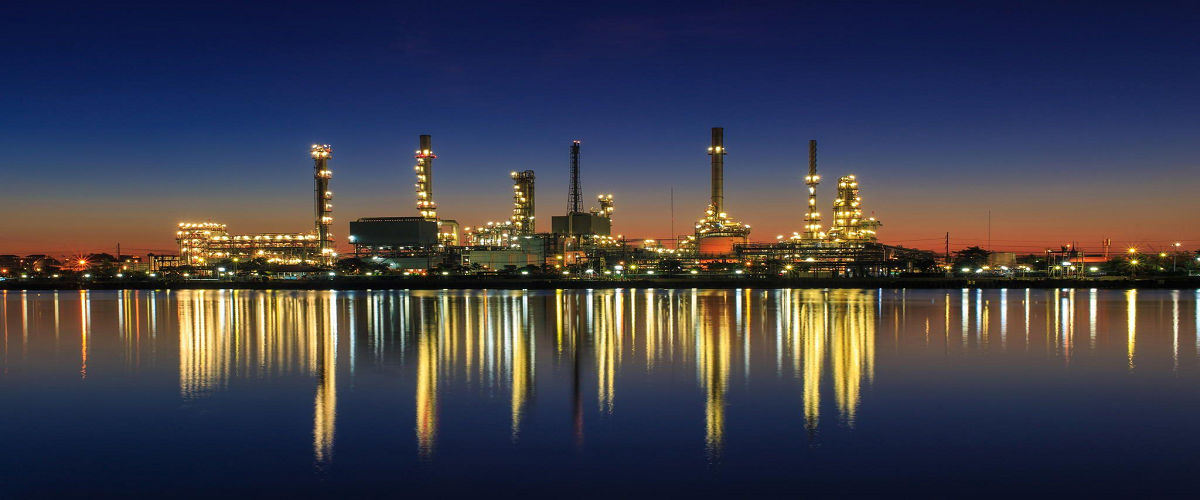

Oil and Gas Refineries
As a result, the oil and gas refining industry is at a crossroads that is being influenced by technological enforcement, geopolitical changes, and environmental consciousness in the world. With the help of new solutions, that are appearing gradually in 2025, the refineries on the global level continue to respond to these changes to become more effective, environmentally friendly, and profitable.
Technological Innovations Transforming Refineries
The integration of advanced technologies is revolutionizing refinery operations:
- Advanced Analytics and Predictive Maintenance: The incorporation of artificial intelligence, especially the machine learning system, is crucial as it helps the refineries collect large amounts of data useful for predicting equipment maintenance and other areas of organizational functioning. Besides, it helps save time since the equipment does not spend much time idle, and it also increases its lifespan, which saves costs and enhances safety. (Precognize)
- Industrial Internet of Things (IIoT): Devices create the infrastructure to inspect equipment and processes in real-time, which is given the term IIoT. Pressure and temperature data, for example, are analyzed by sensors, and if a problem is detected, a system can be designed to quickly mitigate it before causing a failure. (Expert Beacon)
- Digital Twin Technology: The use of 3D representations of physical objects, often referred to as digital twins, make it feasible to simulate and even track refinery parts. This technology helps in identifying area of improvement and decision making thus increasing the overall organizational productivity. (Expert Beacon)
Geopolitical Shifts and Their Impact
Geopolitical developments significantly influence the refining sector:
- Policy Changes in the United States: The return of Donald Trump to office brings policies that are friendly to the fossil fuel industry. Proposals for the undoing of freezes on LNG export clearances will also help asset owners such as Venture Global, which is planning a major IPO to ride the current trends. (WSJ)
- European Energy Independence: The Trans Alpine (TAL) pipeline, the source of import for the Czech Republic’s crude oil has been upgraded which no longer requires import from Russia. This move reflects more extensive European plan of Action toward the diversification of energy sources and improvement of energy security due to tension. (Reuters)
Market Dynamics and Economic Factors
Economic trends are reshaping the refining landscape:
- China's Peak Oil Demand: Signals point to a peak in China's crude demand this year on a number of elements, including electric cars and a slowing economy. This change might cause global maximum demand for oil prior to 2030, resulting in a rethink in the refinery setup. (Financial Times)
- U.S. Refining Sector Challenges: The American oil refining industry is set for a tough year as profit margins shrink on weakening fuel demand and threatened tariffs on crude imports. This movement reduces fuel consumption and CO2 emissions due to quicker market penetration of electric cars and better efficiency of internal combustion engines; such tendencies need to be addressed in the motor industry. (Reuters)
Sustainability and Environmental Considerations
Environmental concerns are driving refineries toward more sustainable practices:
- Digital Transformation for Sustainability: Digital Transformation for Sustainability: The strategies in digital refining processes, like big data and AI, help refineries to operate efficiently, minimize emissions, and increase sustainability. These initiatives are consistent with the leadership roles that South African organizations have embraced to manage climate change and practice sustainable consumption. (Anchorage Investments)
- Regulatory Compliance and ESG Initiatives: The application of refined products uses more ESG projects to meet legal standards and the general public demands. Modern digital tools provide an opportunity to monitor the impact on the environment effectively and reveal violations. (Anchorage Investments)
The oil and gas refining industry is in the middle of a change, and the change is driven by technological advancement, geopolitical shifts, market forces, and environmentalism. For refineries to succeed in the context of the future of 2025, they should be ready to adopt the digital aspect of change, change with dynamics in the market, and embrace sustainable production. With the help of smart technologies, it is possible to improve the industry's efficiency and bring it into parity with the demand for sustainability on an international level.


Comments